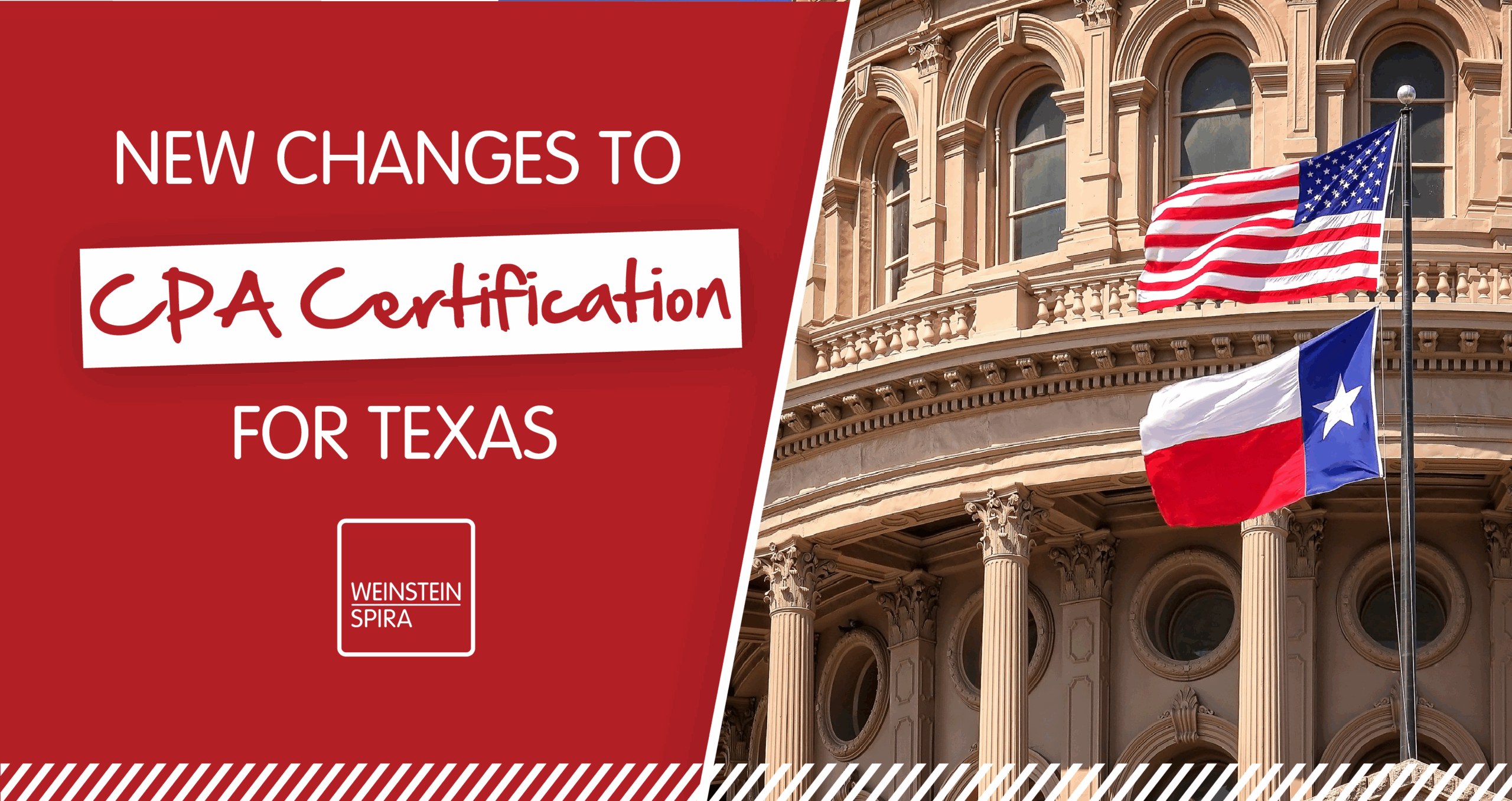“Success often comes to those who have the aptitude to see way down the road.”
– Laine Burns
Short-term and long-term planning is critical to the success of any company, as CFOs well know. At the beginning and end of each year, business owners and leaders are busy making new plans and tweaking existing ones. Checklists are a useful tool to help you stay on course when getting ready for a successful year. Keep the following items in mind when creating your own “to-do” list:
Budgets and Forecasts
Prepare budgets and forecasts early in the year, so they are in place for the new year. This should include discussions with the organization’s management team, ensuring everyone is in agreement.
Agreements and Contracts
Review business agreements/contracts that are due to expire in the new year, such as lease agreements, insurance, etc. Determine what needs to be renewed or replaced in advance of the expiry date and make arrangements accordingly.
Banking Relationships
Look into bank/loan covenants to see what will affect the upcoming year. Anticipate whether or not the company will be in compliance for the whole year or partial year, and have appropriate discussions with your banker.
Goals and Expectations
Set your goals as CFO, and meet with direct reports to oversee their goals, as well as setting clear expectations of all staff and for the organization as a whole.
The Right People in the Right Role
Ask yourself personnel-related questions, such as: Are the right people in place to perform jobs? Is the number of staff correct? Are the roles defined correctly? Are new job descriptions and/or reassignments needed?
Accounting Processes
Make sure an internal process is in place to close books within a reasonable time. Also prepare a schedule for any audits, and have information available for applicable tax returns in time to meet deadlines.
Accounting Communications
Communicate with your accounting firm to set up audits and complete tax returns. Be sure to share any business changes that could impact your financial statements or tax returns, and inquire about any changes in accounting standards or tax regulations.
This is by no means an exhaustive checklist, but it will get you started and thinking of ways to position yourself and your company to meet and exceed goals. As you address items on the list, don’t hesitate to contact Weinstein Spira for help with your accounting, auditing or tax needs. We want to be partners in your success.



